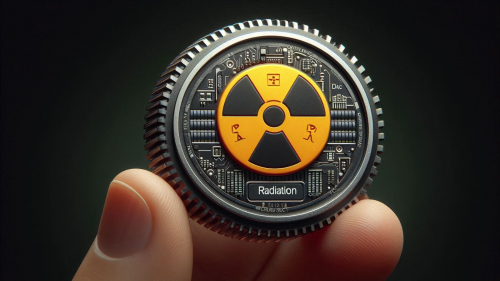China has announced a groundbreaking innovation that could redefine the future of energy storage — a pocket-sized nuclear battery capable of powering devices for up to 100 years without ever needing a recharge. Developed by Beijing-based company Betavolt, with further research support from Northwest Normal University, this miniature power source marks a major leap forward in long-duration energy technology.
Known as betavoltaic batteries, the device converts the slow release of electrons from radioactive isotopes such as Nickel-63 and Carbon-14 into electricity. Unlike nuclear reactors, these batteries do not rely on chain reactions, heat generation, or moving parts, making them exceptionally safe, stable, and maintenance-free.
Despite producing relatively low amounts of power individually, their potential applications are revolutionary. From medical implants and space probes to remote monitoring sensors in extreme environments, these nuclear micro-batteries can operate for decades without degradation, far outlasting today’s lithium-based power cells.
Researchers believe that if scaled successfully, this technology could usher in an energy revolution — one where devices are no longer dependent on constant charging cycles and critical equipment can function reliably for generations.
The concept of a century-long battery may sound futuristic, but with China’s new breakthrough, the future has already arrived.







